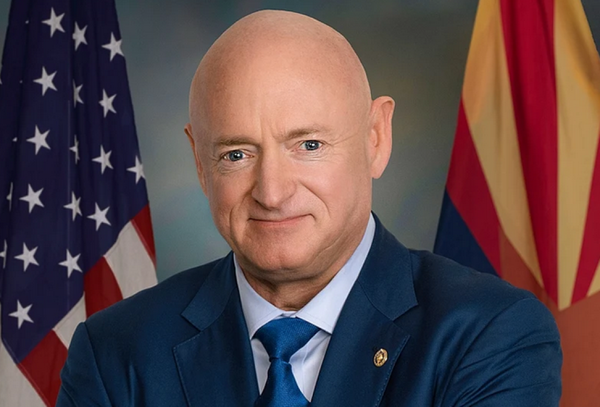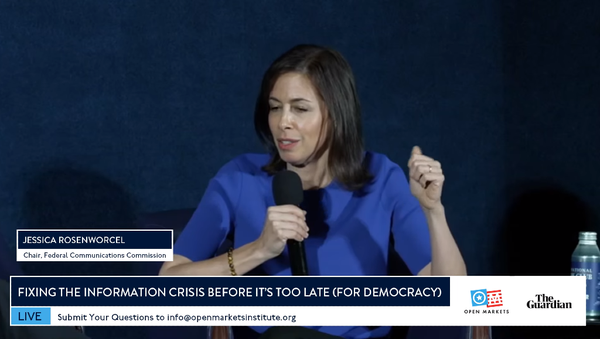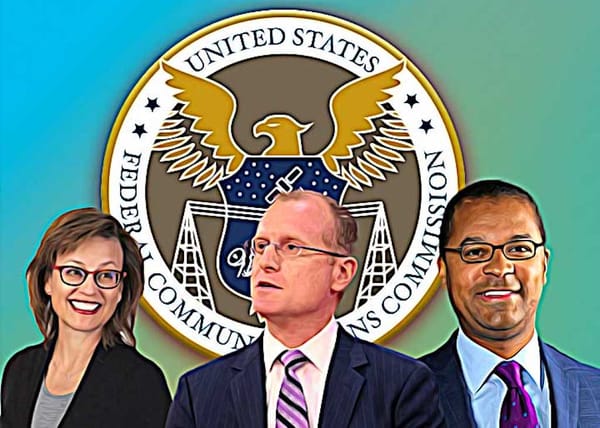
AI
Apple Joins White House AI Security Commitment
The company will commit to AI security measures and industry collaboration.

AI
The company will commit to AI security measures and industry collaboration.

Briefs
The deal would be Google's largest to date.

White House
Democratic Senator from Arizona wants to lower the cost of high-speed internet for consumers and rural providers.

Advanced Energy
Tech companies are reporting higher greenhouse gas emissions.

Big Tech
‘It’s a conversation I think we should be having,’ FCC Chairwoman says

New York
The bill requires social media platforms to cease using algorithms for children's online accounts.

USF
USF contribution base should include tech companies, AT&T says

USF
The contribution factor will go up to 34.4 percent from 32.8 percent.

Net Neutrality
The agencies will nullify their existing memo of understanding when net neutrality rules go into effect.

Google has been found guilty in an antitrust trial brought on by video game company Epic Games.

Spectrum
The framework could help free up more spectrum to meet rising demand, some experts said.

Jessica Rosenworcel
Brendan Carr and Geoffrey Starks were confirmed to an additional term on the Federal Communications Commission.

Net Neutrality
Telecoms oppose the measure, while major software companies side with the FCC.

Universal Service
Consulting firm Brattle Group said in a report the move would be economically sound.

Broadband Live
Some see potential in advancing 5G technology while others worry about connectivity performance

AI
The commitments seek to uphold key principles that the White House believes are fundamental to the future of AI.